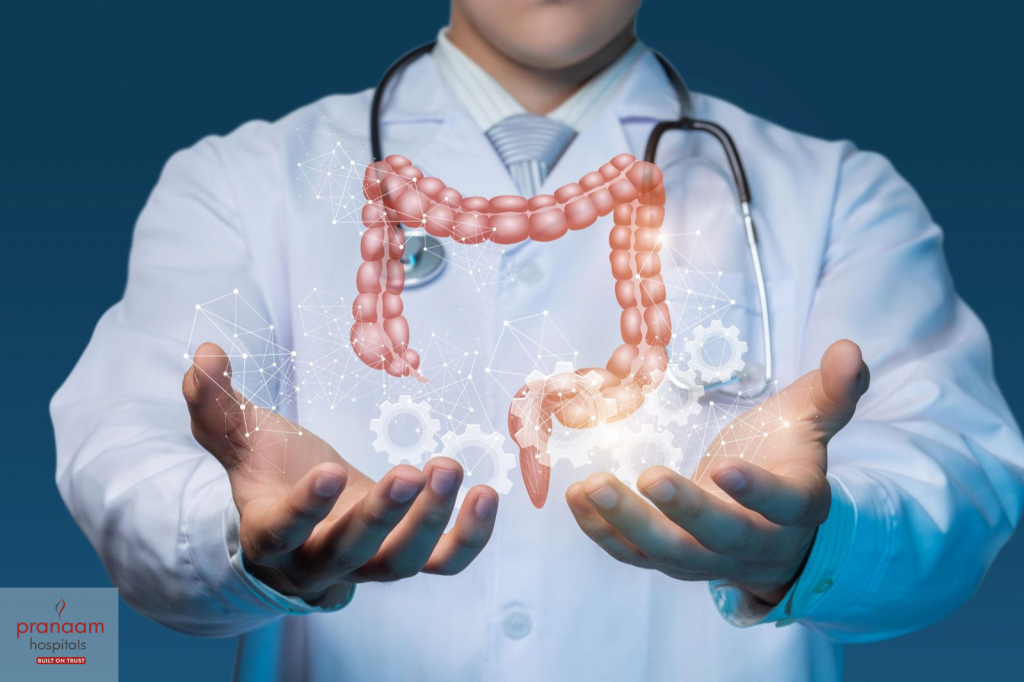Hemorrhoids, generally called piles, involve the swelling and irritation of blood vessels in the rectum and anus, main to soreness and bleeding. They may be labeled into two sorts: internal, which arise within the rectum, and outside, which increase under the pores and skin surrounding the outer area of the anus.
What are hemorrhoids?
Hemorrhoids are swollen veins in the rectum. They can cause itching, bleeding, and pain. Hemorrhoids are very common.
In some cases, you can see or feel hemorrhoids around the outside of the rectum. In other cases, you cannot see them because they are hidden inside the rectum .
What are the symptoms of hemorrhoids?
Hemorrhoids do not always cause symptoms. But when they do, symptoms can include:
●Itching of the skin around the anus
●Bleeding – Bleeding is usually painless. You might see bright red blood after using the toilet.
●Pain – If a blood clot forms inside a hemorrhoid, this can cause pain. It can also cause a lump that you might be able to feel.
●Swelling – Hemorrhoids can swell or dangle outside of the rectum during a bowel movement.
If you notice bleeding when you have a bowel movement, or if your bowel movements look like tar, see a doctor or nurse. Bleeding could be caused by something other than hemorrhoids, so you should have it checked out.
How can I care for myself at home?
If you do have hemorrhoids, your doctor or nurse can suggest treatments. But there some steps that you can try on your own first.
The most important thing that you can do is try to prevent constipation and keep your bowel movements soft. You should have a bowel movement at least a few times a week.
Here are some steps that you can take:
●Eat lots of fruits, vegetables, and other foods with fiber . Fiber helps to increase bowel movements.
You need 20 to 35 grams of fiber a day to keep your bowel movements regular . If you do not get enough fiber from your diet, you can take fiber supplements. These come in the form of powders, wafers, or pills.
They include psyllium seed (sample brand names: Metamucil, Konsyl), methylcellulose (sample brand name: Citrucel), polycarbophil (sample brand name: FiberCon), and wheat dextrin (sample brand name: Benefiber). If you take a fiber supplement, be sure to read the label so you know how much to take. If you’re not sure, ask your doctor nurse.
●Drink plenty of water and other fluids. This is especially important if you take a fiber supplement.
●Limit fatty foods and alcohol. These can make constipation worse.
●Take medicines called “stool softeners” such as docusate sodium (sample brand name: Dulcolax). These medicines increase the number of bowel movements you have. They are safe to take and they can prevent problems later.
●Take your time when having a bowel movement. But do not spend too much time on the toilet (for example, reading). Also, try not to push hard or strain when having a bowel movement.
●Get regular physical activity. Even gentle forms of exercise, like walking, are good for your health.
To relieve symptoms of hemorrhoids, you can:
●Soak your buttocks in 2 or 3 inches of warm water – You can do this up to 2 to 3 times a day for 10 to 15 minutes. Do not add soap, bubble bath, or anything to the water.
●Try non-prescription medicines – You can find these in a pharmacy.They include creams or ointments that you rub on your anus to relieve pain, itching, and swelling.
Some hemorrhoid medicines come in a capsule (called a suppository) that you put inside your rectum. Others come in a cream that comes in a bottle with a nozzle that you put inside your rectum.
Do not use medicines that have hydrocortisone (a steroid medicine) for more than a week, unless your doctor or nurse approves.
Are there other treatments for hemorrhoids?
Yes. If you still have symptoms after trying the steps listed above, you might need treatments to destroy or remove the hemorrhoids.
One popular treatment for hemorrhoids inside the rectum is called “rubber band ligation.” For this treatment, the doctor ties tiny rubber bands around the hemorrhoids. A few days later the hemorrhoids shrink and stop bleeding. Doctors can also use lasers, heat, or chemicals to destroy hemorrhoids.
If none of these options works, your doctor might suggest surgery to remove or tie off the blood vessels of the hemorrhoids. Hemorrhoids on the outside of the rectum can only be removed with surgery.
When should I call my doctor or nurse?
Call for advice if:
●You have new or increased bleeding from your rectum.
●You have tissue sticking out from your rectum that you can’t push back in.
●You are not able to pass bowel movements because of pain.
●Your symptoms are getting worse even with home care.
●You have a fever of 100.4°F (38°C) or higher.
Also Read: Here are some tips to solve sleep issues
Symptoms and Causes of Diabetes


